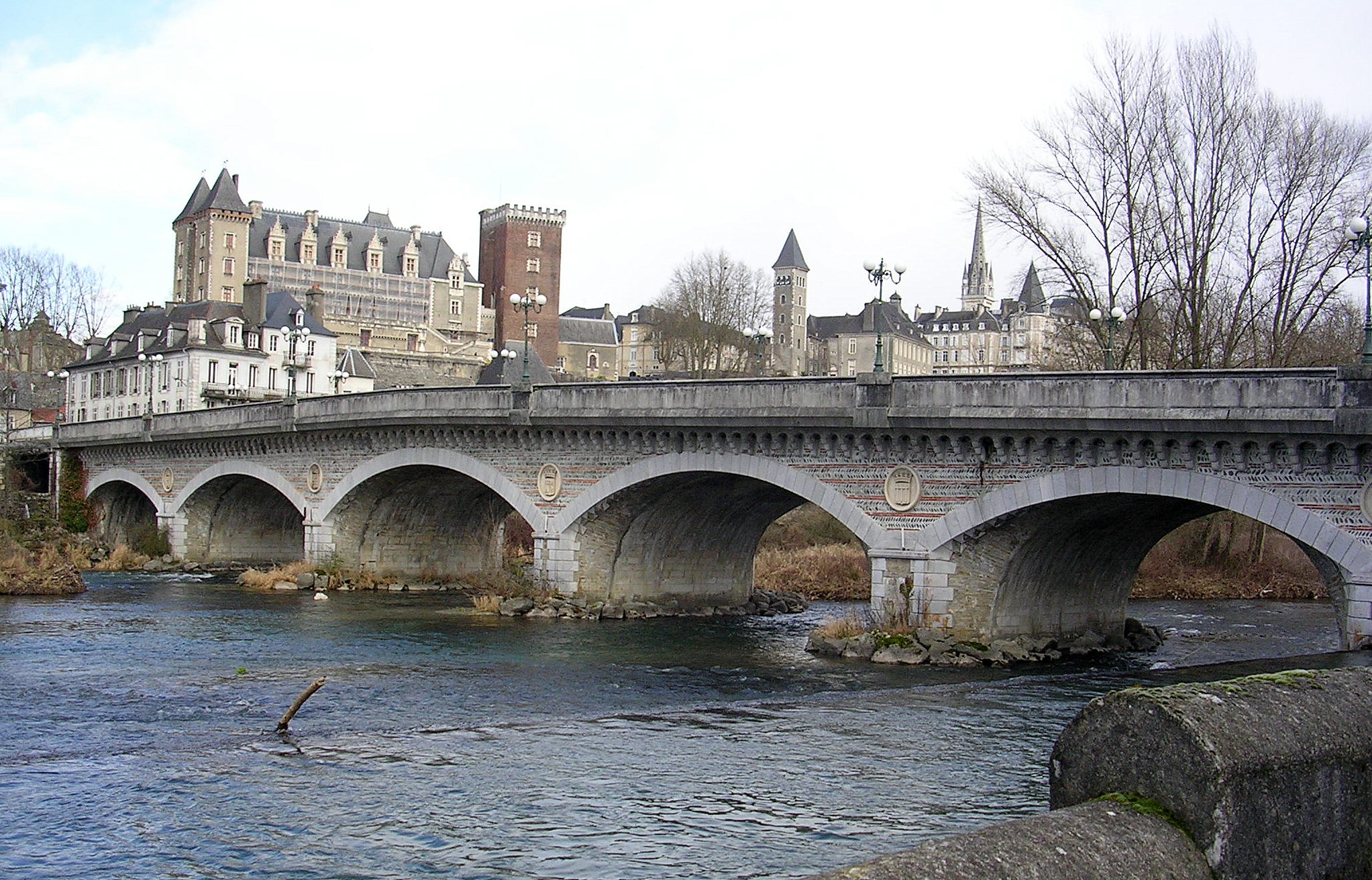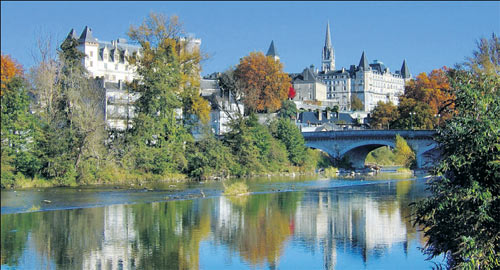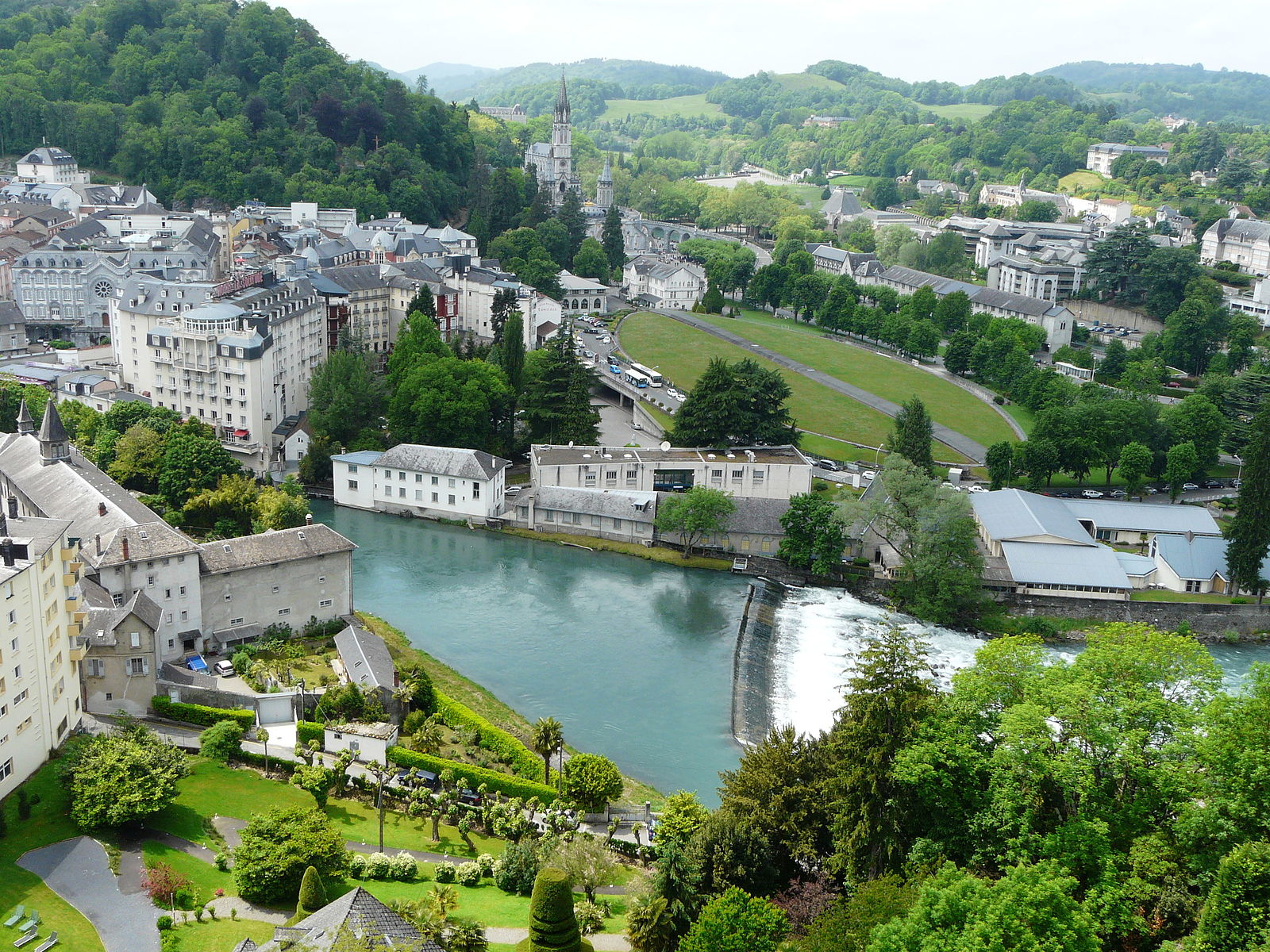
Special Track of the
33rd ACM Symposium on Applied Computing (SAC2018)
April 9 - 13, 2018
Pau, France
| |
| Home |
| Call for Papers |
| Accepted Papers |
| Program Committee |
| SAC 2018 |
|
Call for Papers | ||||||||||||
|
AIMS & SCOPE Nowadays, most aspects of our daily life are affected by pervasive technology, consisting of massive numbers of heterogeneous components (e.g., devices, software applications, smart objects), featuring complex interactions among them and, possibly, with humans. Modern distributed systems are governed by collective and cooperative schemes; they leverage intelligent mechanisms to manage deployment, operation, coordination, and evolution over time. These systems are characterised by dynamic and adaptive interactions between various entities and their environments, in order provide services that help achieve specific goals. Collective systems have to be equipped with dynamic and autonomous adaptation capabilities, to deal with changes in their working environments and within themselves. Collective systems are also collective systems as they involve huge collections of cooperating components, trading off individual tasks with overall system goals. Cooperative systems are characterised by their level of distribution, the underlying mode of interaction and the degree of autonomy of the entities. Resources are also harnessed and marshalled across dynamic and heterogeneous environments in order to realise synergies between humans and systems. In pervasive environments, for example, symbiotic relationships and seamless transitions are initiated and maintained, within secure and trusted environments. Effective cooperation requires that autonomous systems and their components overcome environmental heterogeneity and resolve semantic differences. Adherence to common abstractions and models facilitates the unfolding of processes such as data and system integration, coordination of behaviour, resource access and sharing, and participation in complex activities. In managing the differences between entities, systems and environments, a range of methods and techniques are called upon to support interoperation and facilitate semantic interoperability. Resource and process management, configuration, adaptation and negotiation define a wide spectrum of cooperation, from reactive behaviour to proactive intervention. These tasks are being enhanced by ontologies, context awareness and self-configuration. The development of collective and cooperative is closely related to other contemporary software engineering approaches, such as self-adaptive systems, component-based systems, service-based systems, middleware platforms, as well as other areas of Computer Science, such as Distributed Artificial Intelligence, Agent-based Programming, Pervasive Computing, Internet of Things, and Autonomic Computing. This track aims to provide them with a common forum for discussing their different viewpoints and for sharing ideas. On this very subject, the aim is to attract relevant and consistent contributions from many different research communities. In particular, of interest to the track are both foundational views (e.g., theories, methods, formalisms, models) and practical aspects (e.g., development methodologies, programming languages, middleware, development and runtime environments, tools). Moreover, also applications of CAS solutions to real-world case studies are welcomed. Major topics of interest this year will include the following:
IMPORTANT DATES
PROGRAM CO-CHAIRS
PROGRAM COMMITTEE MEMBERS
PROCEEDINGS Papers accepted for the Special Track on Collective and Cooperative Systems will be published by ACM both in the SAC 2018 proceedings and in the Digital Library. PAPER SUBMISSION AND FORMAT All papers should represent original and previously unpublished works that currently are not under review in any conference or journal. The author(s) name(s) and address(es) must NOT appear in the body of the paper, and self-reference should be in the third person. This is to facilitate blind review. Only the title should be shown at the first page without the authors' information. Paper registration is required, allowing the inclusion of the paper/poster in the conference proceedings. An author or a proxy attending SAC MUST present the paper: This is a requirement for the paper/poster to be included in the ACM/IEEE digital library. No-show of scheduled papers and posters will result in excluding them from the ACM/IEEE digital library. Submission is entirely automated via the STAR Submission System, which is available from:
POSTER SESSIONS Papers that received high reviews (that is acceptable by reviewer standards) but were not accepted due to space limitation can be invited for the poster session. Poster should be not longer than 3 pages (included in the registration) plus 1 extra page (at extra charge), i.e. total 4 pages maximum. The poster session procedures and details will be posted on SAC 2018 website as soon as they become available. STUDENT RESEARCH ABSTRACTS COMPETITION Graduate students are invited to submit Student Research Competition (SRC) abstracts (maximum of 2 pages in ACM camera-ready format) following the instructions published at SAC 2018 website. Submission of the same abstract to multiple tracks is not allowed. All research abstract submissions will be reviewed by researchers and practitioners with expertise in the track focus area to which they are submitted. Authors of selected abstracts (up to 20 students) will have the opportunity to give poster and oral presentations of their work and compete for three top-winning places. The winners will receive medals, cash awards, and SIGAPP recognition certificates during the conference banquet. Invited students receive SRC travel support (US$500) and are eligible to apply to the SIGAPP Student Travel Award Program (STAP) for additional travel support. |




